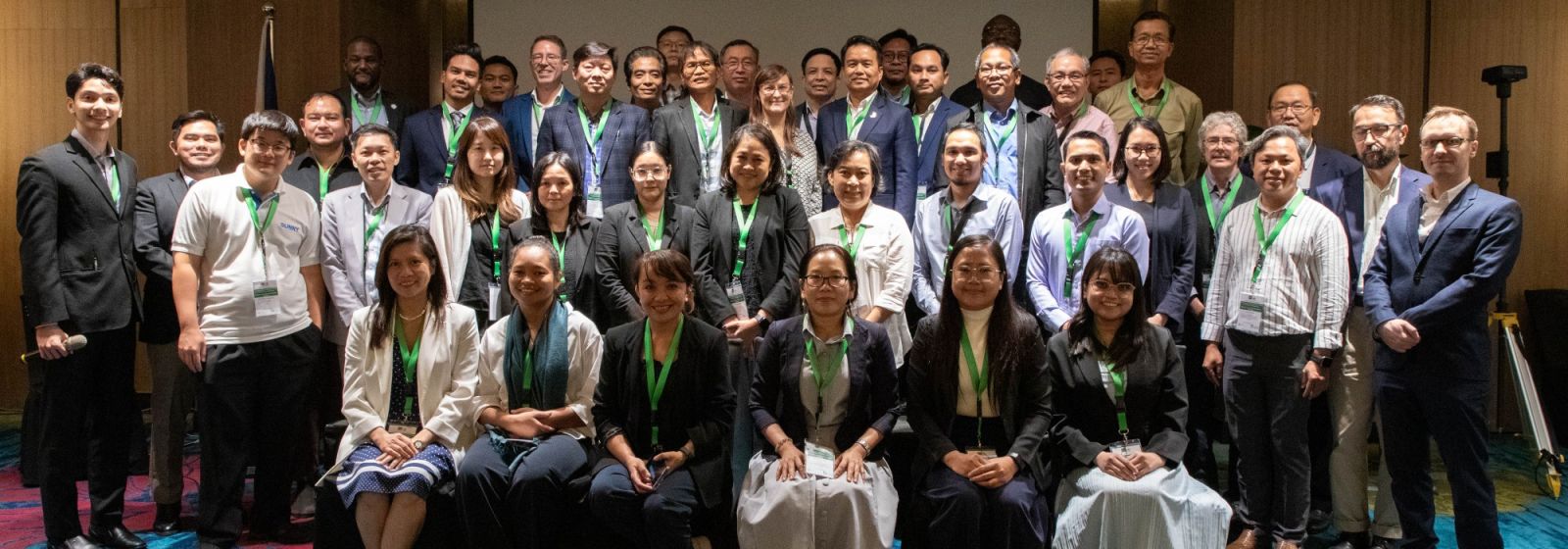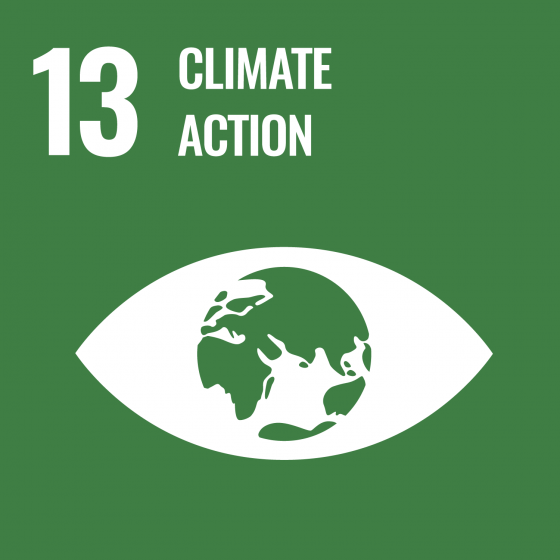
Background
Rice production is a significant source of greenhouse gas (GHG) emissions, particularly methane. Globally, approximately 10-11% of all methane emissions come from rice fields. In rice-producing countries, this percentage is even higher. For instance, Cambodia, the Philippines, Thailand, and Vietnam collectively account for 59% to 76% of methane emissions from rice production in Southeast Asia.
Although various technologies for mitigating methane emissions exist, their adoption has been limited. The challenges to implementation vary and may include political, social, financial, behavioral, and technical factors. The AcceLER project aims to address these barriers directly and indirectly. It will help improve relevant databases and support countries in formulating plans that enable targeted investments, such as capacity building for farmers.
Once farmers experience the benefits of new practices, it can be assumed that they will continue to apply them, sustaining the project's impact. However, a major risk is the potential lack of support from key national partners in the Ministries of Agriculture. To mitigate this risk, the project will build on existing and trusted partnerships wherever possible and will prioritize inclusive and participatory approaches.
The conditions for the AcceLER project are generally favorable, as methane reduction is a high priority on the international agenda. Additionally, both public and private investors are actively seeking opportunities that offer clear targets and high transparency.
Objectives
- Support effective planning of methane reductions in rice production through mapping suitability of low-emission practices
- Enhance transparency of reported mitigation outcomes by developing and piloting monitoring, reporting, and verification (MRV) systems
- Enhance monitoring and change detection capability through remote sensing
- Develop country roadmaps for methane mitigation in rice production
- Increase capacity and readiness of key national institutions to implement methane mitigation actions in rice (Activity 5)

